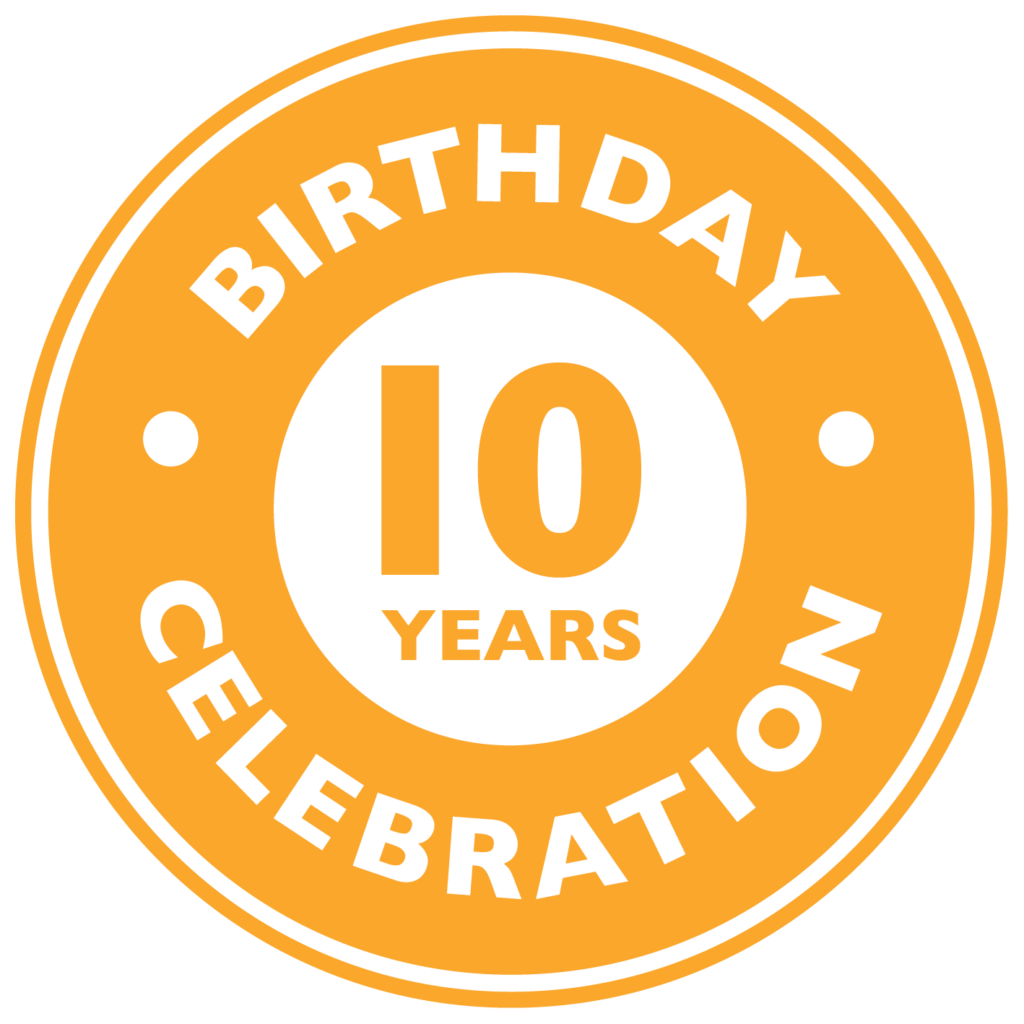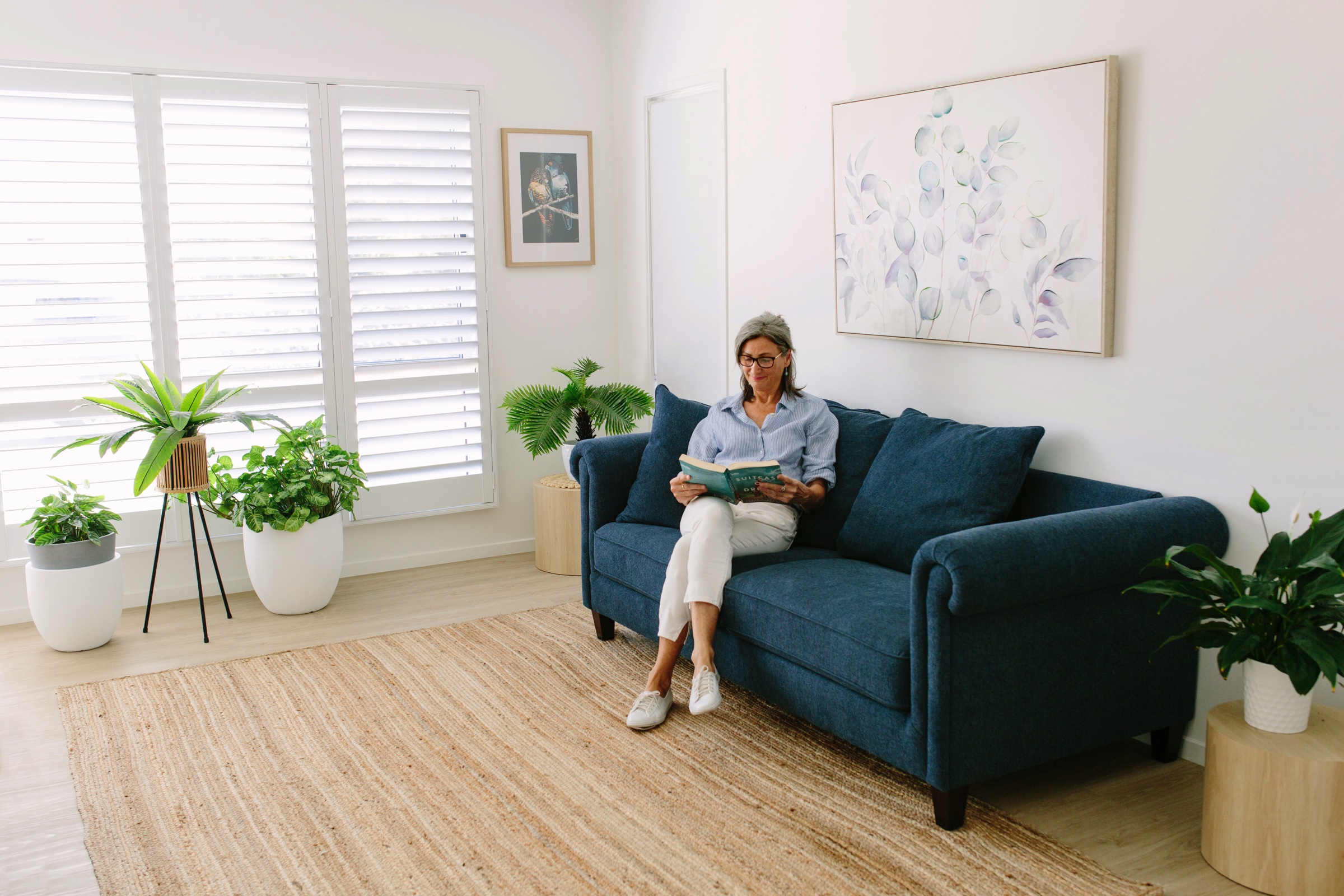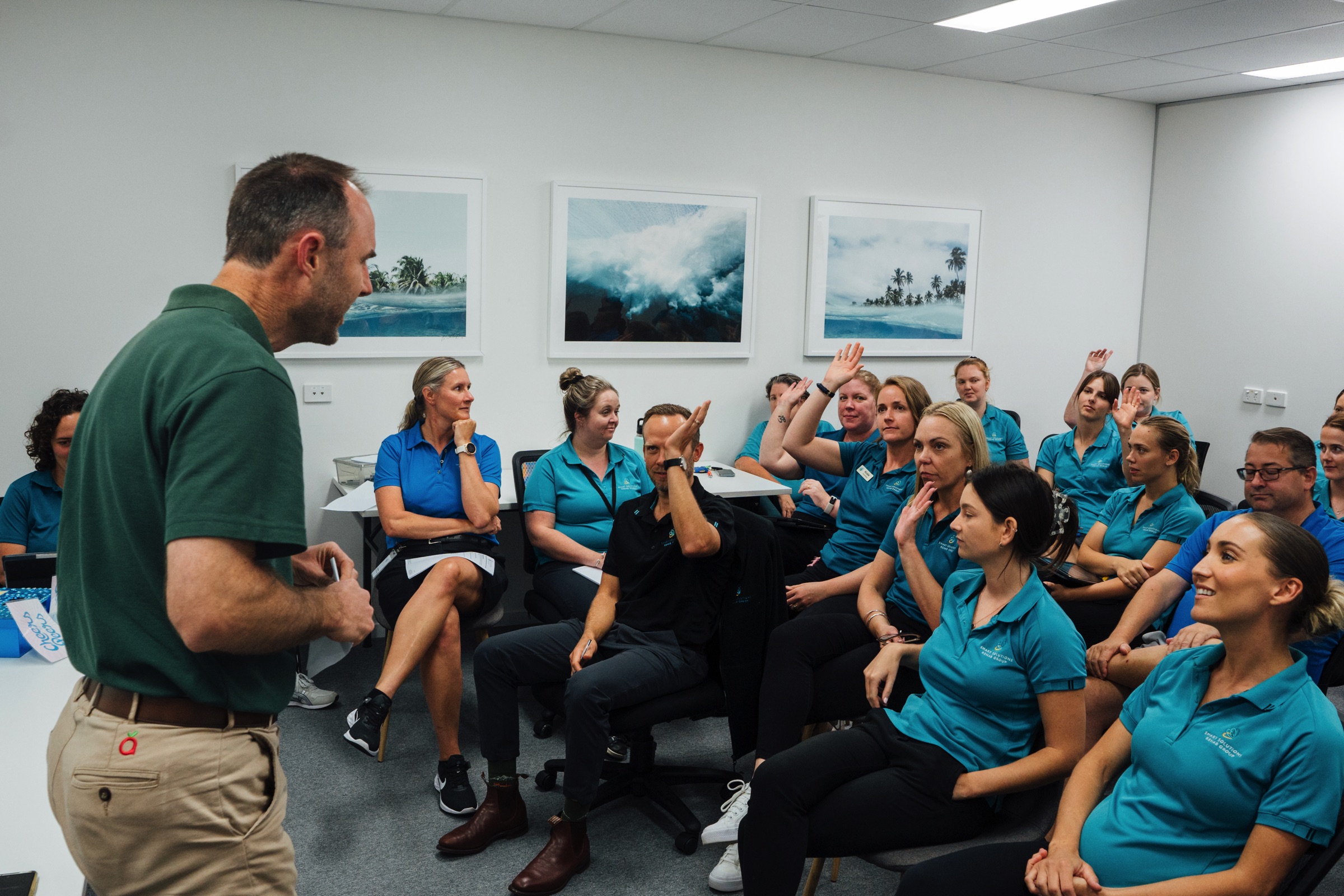Stroke Effects and Recovery
What is a stroke caused by?
A stroke is a medical condition caused by the disruption of blood supply to the brain; either via:
- a broken or burst blood vessel …this is called a haemorrhagic stroke; or by
- a blood vessel being blocked by a clot …this is called an ischaemic stroke.
This disruption of blood supply causes damage to brain tissue surrounding the affected blood vessel. The effects of stroke vary from person to person, dependent on the type, severity and location of the stroke in the brain.
What are the immediate signs of a stroke?
The most common sign of a stroke is the sudden weakness or numbness of the face, arm or leg, (often on only on one side of the body). Other symptoms may include: sudden confusion and disorientation; slurred speech; difficulty seeing; difficulty walking; dizziness; loss of balance or coordination; severe headache with no known cause; fainting or unconsciousness (World Health Organisation).
What are the effects of stroke?
The World Health Organisation estimates that there are more than 62 million people living with the effects of a stroke, and according to the Stroke Foundation, 65% of all stroke survivors suffer a disability which impedes their ability to carry out daily living activities independently.
Every individual’s experience of stroke is unique, however there are some common effects that may be experienced after a stroke in varying combinations or degrees of severity. These can include:
- Leg and/or arm weakness or paralysis on one side of the body
- Reduced coordination of movements
- Reduced balance
- Neglect of one side of the body or visual field
- Swallowing difficulties
- Speech difficulties
- Changes to cognition, including memory, insight, planning and problem solving, comprehension and understanding
- Emotional and mood changes
- Fatigue
- Sensory changes
- Difficulty reading and/or writing
- Vision loss
- Incontinence
- Pain
Who can help in your recovery after a stroke?
A highly skilled team of Allied Health Professionals, including Occupational Therapists, Physiotherapists, Speech Pathologists, Dietitians and Social Workers can assist in your recovery progress after stroke.
Occupational Therapists (OTs) can assess your functional and cognitive abilities, and implement rehabilitative therapies, education, assistive aids and equipment, and/or home modifications to help you meet your goals for improved completion of daily living activities. Whether it be dressing or preparing meals, or accessing the community on your own, OTs will tailor interventions to help you achieve your personal goals.
Physiotherapists (PTs) can assess every aspect of your mobility and transfers, and work with you to develop a program of exercises to improve your strength, range of movement and coordination. They can also provide advise on walking and mobility aids as required.
Speech Pathologists can conduct assessments like swallowing assessments to help with mealtime safety, and/or augmented and alternative communication (AAC) assessments to aid with communication post-stroke. Speech Pathologists can also implement a range of therapy programs that can aid in the rehabilitation process where communication or swallowing has been impacted by stroke.
Stroke Rehabilitation
Goal setting is considered to be a particularly important part of stroke recovery and rehabilitation. At Smart Solutions Rehab Group (SSRG), our team of therapists can help you navigate your recovery phase and decide on what your specific goals are. Our SSRG clinicians are committed to helping you break these goals down into achievable ‘stepping-stone’ goals and give you the tools to help you achieve your goals step by step.
Need to know more?
For more information about how we can help with your stroke recovery, our experienced clinicians are here to help. Contact us today to discuss your needs via email at contact@ssrg.com.au or you can call us on 1300 729 190 and we will be happy to help! Alternatively, you can submit a referral via our website.
Author: Michelle Nash
More about the author…
Michelle is an Occupational Therapist and Smart Solutions Rehab Group Allied Health Manager, who manages the allied health clinical team. Her role includes facilitating and overseeing staff development and training, recruitment, and the quality of clinical work produced by SSRG clinicians. Michelle has worked across both government and private health organisations over the past 15 years in both clinical and management roles. Michelle has a special interest and extensive experience in the areas of Neurological Upper Limb Rehabilitation, Complex Wheelchair and Seating prescription, and staff and team management & development. Michelle holds a Bachelor of Applied Science (Occupational Therapy).




